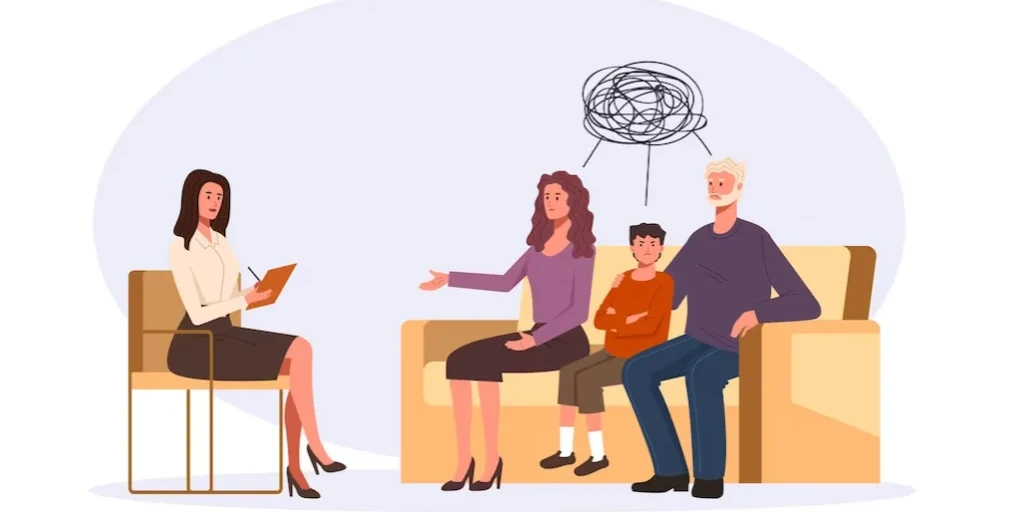24/7 Helpline:
(866) 899-221924/7 Helpline:
(866) 899-2219
Learn more about Eating Disorder Treatment centers in Emery
Eating Disorder Treatment in Other Cities

Other Insurance Options

MHNNet Behavioral Health

Amerigroup

Cigna

American Behavioral

Carleon

WellCare Health Plans

Group Health Incorporated

Magellan

Aetna

Choice Care Network

Evernorth

Access to Recovery (ATR) Voucher

Ambetter

UMR

Ceridian

Highmark

ComPsych

Sutter

Regence

AllWell






































































Four Corners Behavioral Health
Four Corners Behavioral Health is a private rehab located in Castle Dale, Utah. Four Corners Behavio...

Four Corners Behavioral Health
Four Corners Behavioral Health is a public rehab located in Green River, Utah. Four Corners Behavior...

Southwest Counseling Service
Southwest Counseling Service is a comprehensive community mental health center that has been providi...











